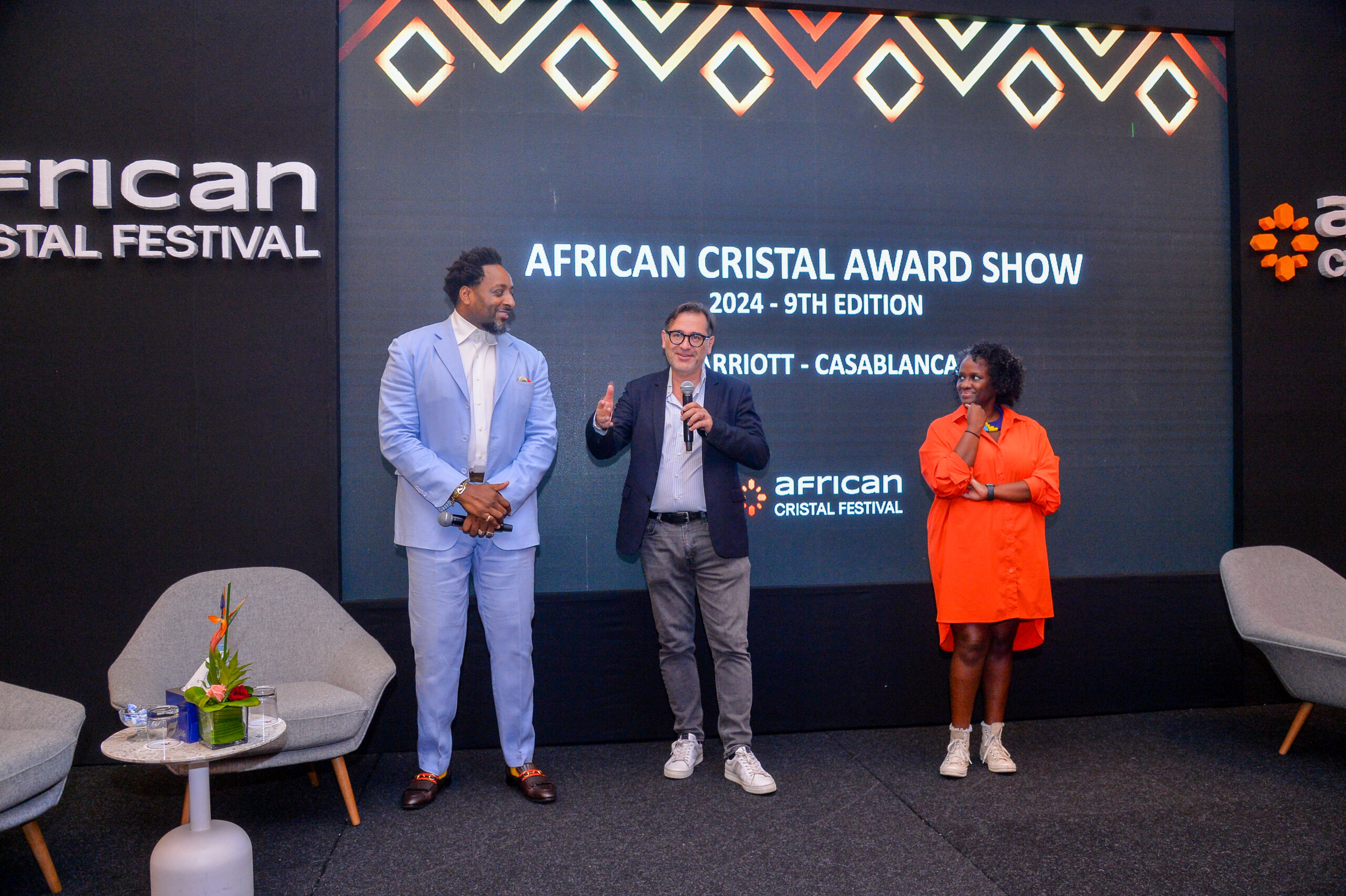By Zion Rufus
The “secret” acquisition and rebrand of money transfer app and Big Brother Naija Sponsor Abeg App has been met with controversies as industry professionals submit varying opinions on the possible cause, effects, pros, and cons of the acquisition and rebranding.
Abeg, which launched as a payments platform in 2020 was acquired by automated savings platform PiggyVest on an undisclosed date; customers could only be amazed when the six-month-old startup, which at the time had not disclosed any fundraising, managed to sponsor a $2 million show. It should be recalled that in 2021, MultiChoice Nigeria unveiled Abeg as the headline sponsor for the 6th season of its popular reality TV show, Big Brother Naija.
The MultiChoice announcement had identified Abeg as “a product of leading financial technological company Piggytech Global Limited” which had left industry spectators wondering when and how the acquisition happened.
“We missed it,” said Ndubuisi Ekekwe, CEO Tekedia Institute.
“It turns out that Abeg, which sponsored BBNaija, had been acquired by PiggyVest parent company, PiggyTech. Abeg was acquired very secretly by its older and richer industry peer Piggytech, the parent company of PiggyVest. Unlike Abeg, PiggyVest is doing well. They just renamed Abeg to Pocket. I think that is a more respectable name. Big lesson: until you have a great product-market fit, spending $$millions on advertising will not help you. Great companies attain that product market fit first before they begin to blitzscale. That is the only way you can retain customers and get the best investors (the customers) to support your mission. Otherwise, you can spend $$millions on BBNaija and still struggle. We wish Pocket open markets.”
Countering Ekekwe’s premise, Sustainability Consultant, Obinna Ejide said: “I don’t know the full Abeg story, but I don’t think sale of a business is always due to product-market misfit. For one, I don’t even think an investor would be very enthused about buying a company that has a product that is incongruent with market needs. The founders may also have other interests they want to pursue, there may be conflict of interests amongst them… The list is endless. Also, there are many reasons for marketing besides revenue growth. There is not enough reason here to throw shades on Abeg’s marketing expense. You could argue that they mayn’t have the best product – I don’t know much about their product offering – but I can also argue that without Abeg’s marketing strategy via BBNaija, Piggytech wouldn’t have seen them as a threat to put their money on the negotiation table. Perhaps if Abeg hadn’t spent $2million to be the official sponsor of BBNaija, Piggyvest or any other buyer mayn’t have considered them or purchased them with the figure they closed the sale with. Selling the business could have been the ultimate aim from the outset. That’s another perspective.”
Also countering Ekekwe’s standpoint, Risk management and SOX Expert, Yemi Lasisi questioned: “Are you certain the problem was product-market fit? I’m not sure myself. Because for it to have been suitable for acquisition, there must be a target market that the previous owners couldn’t reach or potential opportunity (ies) that they just couldn’t unlock. I would really like to know what actually went wrong. But unfortunately, you hardly get to know the whole truth about things like this in Africa. Something that could serve as a case study with so many learning opportunities for existing business.
Tech expert Gabriel Eze believes that for market-fit to happen, it is critical for startups to adopt a Lean approach. Illustrating the distinctive characteristics of the Lean approach which favours experimentation over elaborate planning, prioritizes customers feedback over intuition, and emphasizes iterative design over traditional “big design up front” development, Eze pointed that quite a number of founders are wanting in these areas.
He said: “Then after much funds have been spent on developing the product, they soon realise that they have been building for themselves not really for the market. The earlier founders push their products out into the market to be tried, the better. It helps failing or failures to happen more quickly or to be avoided altogether. In the end, value will align with market needs.”
Validating Eze’s premise, Business developer, Okwuwa Charles shared: “My point is that I think that they had a good plan for customer acquisition but had no plan for their retention. The road to market was fine but there was no plan to remain in the market. The lesson for other fintech companies is that beyond acquiring customers, what next? There should be a continuous effort to engage customers and this can be done through constant innovation.”
However, Abeg (Now Pocket App) has been granted an Approval In Principle (AIP) by the Central Bank of Nigeria (CBN), to operate as a Mobile Money Operator (MMO) in Nigeria.
The Mobile Money Operator license will enable the company to carry out activities around: Wallet Creation and Management, E-money issuing, USSD, agent recruitment and management, pool account management, non-bank acquiring as stipulated in the regulatory requirements for non-bank merchant acquiring in Nigeria, and card acquisition amongst others.






Comment
No comments found.